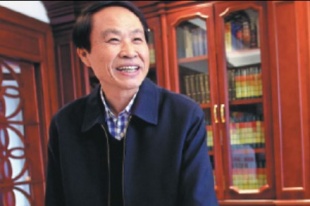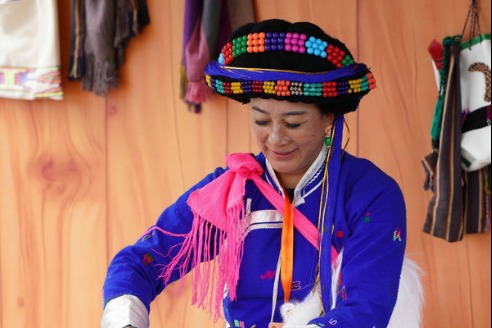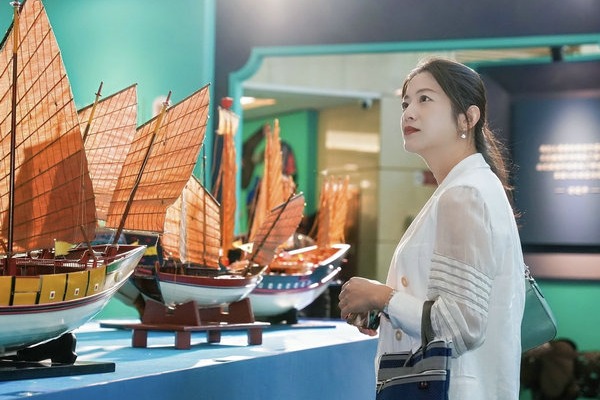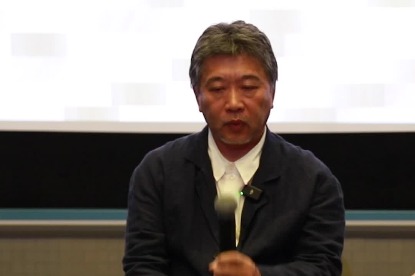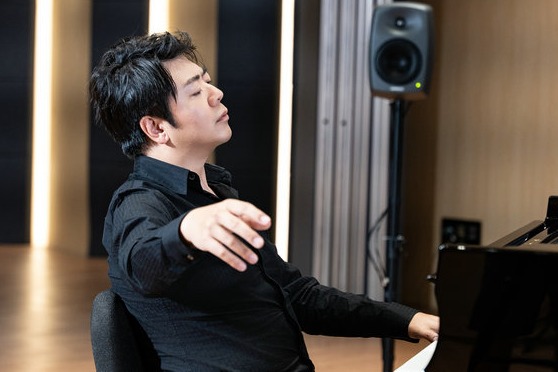New focus on old age

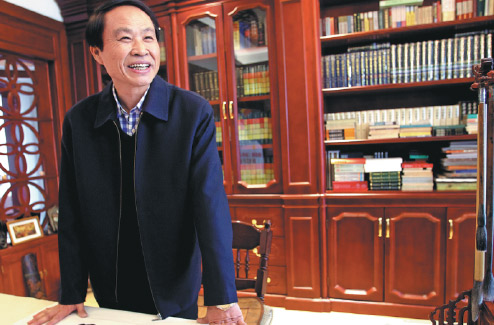
Zhou Daxin's latest novel takes on a growing problem for Chinese society - and he deals with it in his inimitable style. Mei Jia reports.
When Uncle Xiao gets together with his peers to celebrate his 86th birthday, his live-in nurse Zhong Xiaoyang feels she is at an international summit - with simultaneous interpreters and earphones.
And, the old pals' top agenda is how to avoid wetting your trousers in the toilet.
Uncle Xiao, a retired court judge, has lost his only daughter, his hearing and even half of his eyesight, and he is confined to a wheelchair.
But the protagonist of the latest novel Getting Old Slowly by established writer Zhou Daxin, Xiao gradually realizes that he is not alone.
The novel, which is an intense story of realism, scientific vision and fantasies, is probably the first contemporary Chinese fiction that deals with the topic of aging people in the country.
"We're either already old, or will be old. It's an inevitable part of human life. I hope the book can offer some tips to people," Zhou said after the book's official release at the Beijing Book Fair recently.
"By looking directly at the issue through my writing, I feel my own fear of aging dispelled," he added.
The 66-year-old writer examines social reality with his unique take: realism with an avant-garde twist.
His focus on corruption of high-level officials through his eighth novel The Curtain Drops, The Man Stays, published in 2015, was acknowledged on Jan 13 with the Fourth Publishing Governmental Prize, an award given every three years.
It is based on the case of the former senior military official Gu Junshan, who was Zhou's neighbor.
The writer is a retired military official, and Gu's case was known to him.
Gu gained notoriety for building a "replica" of the Palace Museum in his hometown in Puyang, in Henan province.
"I was really shocked that a man could be so greedy to take so much from the people he was supposed to serve and guard," Zhou says.
In his latest novel, his ninth, Zhou features seven lectures in a park.
In the first four, Zhou talks about a robot nurse, an ecological nursing home, and re-experiencing youth through technology.
And in the next three, Zhong, the live-in nurse, focuses on Xiao from the age of 73 to 86.
Zhou says that by 2050, there will be one person above the age of 60 for every three Chinese.
"The aging population is becoming a problem. Currently we're relying on family members to deal with it, but society should be aware of the challenge, and provide more nursing organizations, community doctors and the like," Zhou adds.


